Adventures in Modern Recording: From ABC to ZTT
£9.60£10.40 (-8%)
As a renowned recording-studio maven, Trevor Horn has been dubbed ‘the man who invented the ’80s’.
His production work since the glory days of ZTT represents a veritable ‘who’s who’ of intelligent modern pop, including the likes of ABC, Frankie Goes to Hollywood, Paul McCartney, Rod Stewart, Pet Shop Boys, Seal, Simple Minds, Grace Jones and Yes – among many others.
This book is Trevor’s story in his own words, as told through the prism of twenty-three of his most important songs – from the ones that inspired him to the ones that defined him.
This play-by-play memoir transports readers into the heart of the studio to witness the making of some of music’s most memorable moments, from the Buggles’ ground-breaking ‘Video Killed the Radio Star’ to Band Aid’s perennial ‘Do They Know It’s Christmas?’, via hits such as ‘Relax’, ‘Poison Arrow’, ‘Owner of a Lonely Heart’ and ‘Crazy’.
Offering unrivalled access to the dark arts of the producer’s world and the even darker arts of the music business itself, prepare for some adventures in modern recording…
Read more
Additional information
| Publisher | Nine Eight Books (26 Oct. 2023) |
|---|---|
| Language | English |
| Paperback | 384 pages |
| ISBN-10 | 1788706064 |
| ISBN-13 | 978-1788706063 |
| Dimensions | 12.9 x 1.9 x 19.8 cm |

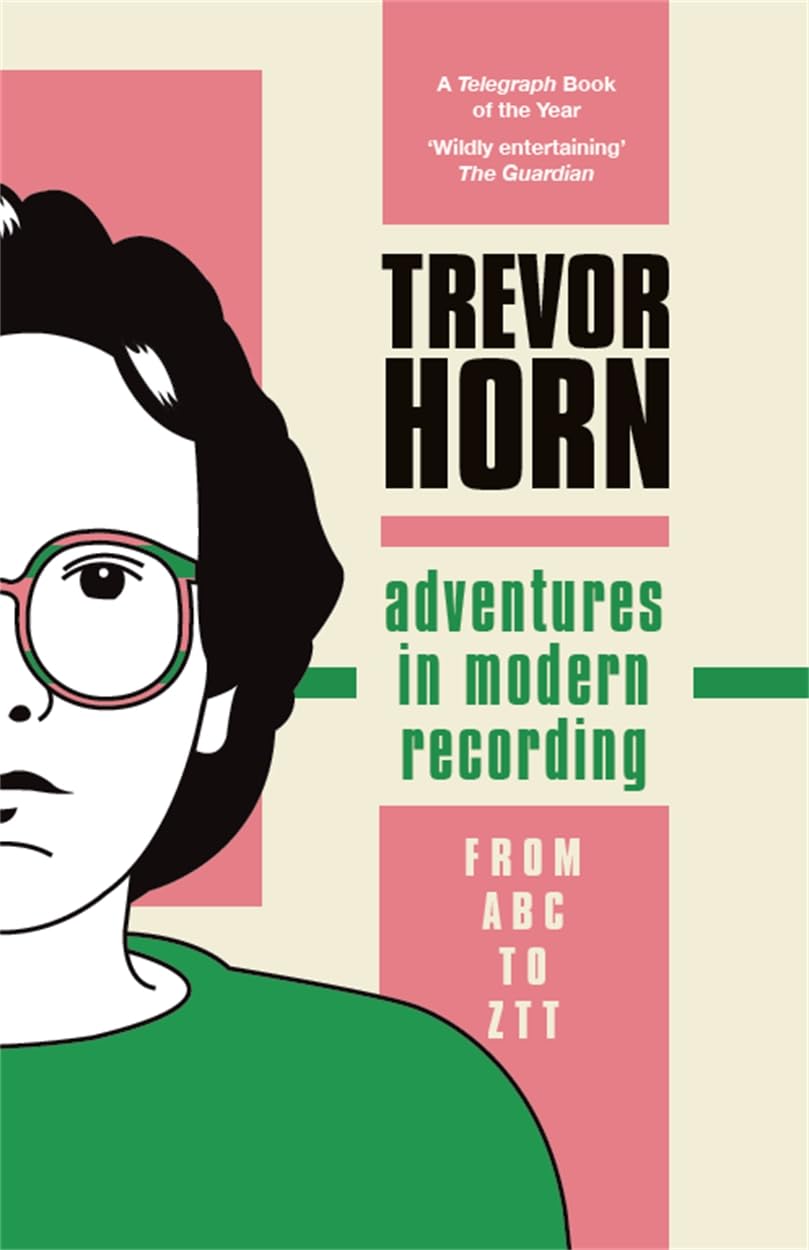
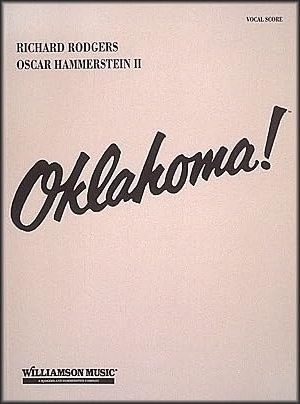


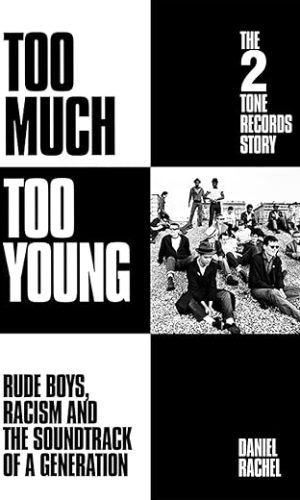
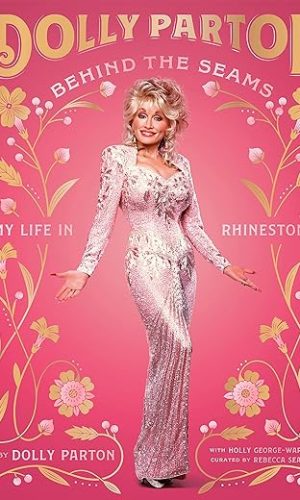
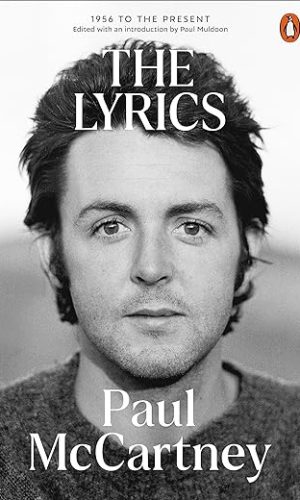


by Kitsto
I doubt you’ll be reading this unless you’re really into music and production. If you are, it’s a treat (though stopping just before the tragic accident to TH’s wife and business partner).
The big revelation to me (as a bass player) is that long before he started producing TH was a top session bass player who read music (his dad played in jazz bands and TH would dep for him). That illuminates his production career – often the best producers are musicians too (see Rick Beato’s Youtube channel).
TH is sometimes accused of being arrogant. (1) He has every right to be but (2) I think that’s more his dry and sardonic sense of humour. A great bloke.
by John Malcolm
A highly enjoyable read. Doesn’t start with stuff like ‘my great-grandfather on my mother’s side once did this…’ sort of stuff, just a brief summary and then we’re off. Lots of stories about artists – and even a few about his recording techniques etc – and although it can get/seem a bit name drop-y at times, you have to remember that this is Trevor Horn, the legendary producer, so of course there will be the big names floating about from time to time…
Overall, a great book, and I thoroughly enjoyed reading it.
by Grev
Trevor Horn’s epic production sheen defined UK chart music in the early to mid 80’s, and this was an interesting and readable account of how he came to be a producer and how he then went about creating the production sound his early career came to be defined by. Which came about mainly because early on he latched on to (and could afford) the possibilities of the ruinously expensive Fairlight and Synclavier synthesisers, which apparently put him well ahead of the competition. This also goes a long way to explaining why once synthesisers became much cheaper and everyone else caught up, Horn’s polished production style ceased to dominate the charts (though Horn claims he wanted to move on from that sound anyway).
He comes across as a fairly amiable taskmaster (it’s his autobiography, after all). The big revelation for me was that my favourite group at the time, Propaganda, seem to have had almost no musical input at the time other than providing the lyrics and an occasional hook. Their teutonic electronic masterpiece Dr. Mabuse in particular was pretty much 90% created by Horn and Steve Lipson’s synth programming, even down to the industrial sound of the song. Which everyone always assumed was down to the band being German! Though when you think about it, Fairlights and Synclaviers were so ruinously expensive that it shouldn’t be much of a surprise that bands didn’t use them. Even Horn was taking big financial gamble when he risked buying one.
In that respect both Propaganda and Frankie Goes to Hollywood had one thing in common – singers aside, both bands hardly appeared on their own albums. The music was all programmed by Horn and his team. Horn has surprisingly mellowed when discussing Frankie. For years he did nothing but stick the boot into them during interviews, but now, even though he states that neither Propaganda nor Frankie were very good musicians (which is apparently why FGTH never appeared at Live Aid – they were terrified of messing up on stage), in other respects he’s quite conciliatory. He claims the band eventually became good musicians and is quite complimentary about them.
That said he entirely blames Holly Johnson for FGTH’s demise. He says Johnson became disillusioned early on in their career, especially when on tour, which Horn blames on petulance and following insane vocal advice from Johnson’s boyfriend (Johnson apparently stopped singing high notes because his boyfriend claimed it would give him cancer). The massive omission in Horns version of the FGTH story is of course that Horn’s label ZTT had signed Frankie to an appalling contract, which of course would go a long way to explaining Holly Johnson’s disillusionment. ZTT we’re screwing Frankie big time – not that you’d know it from reading Horn’s version of the story.
All in all this is a breezily written autobiography that goes deep into the creation process of each song featured in the book. It’s no surprise that Grace Jones is as bugnuts as you’d expect, or that prolonged exposure to Paul Morley would drive anyone insane. Horn leads you through the production of each featured song without bogging you down in jargon. His editor missed quite a few typos though, especially towards the end.
by Karen Tippen
Great book particularly if you are a fan of 80’s music and Trevor Horns work especially.
by Preacher Man
As a music (and recording) nerd it’s difficult for me to gauge just how interesting this book might be to your average normal. I suspect the answer is “Very, if you are into the artists Trevor worked with.”.
I thoroughly enjoyed this book.
by Christopher Hood
Despite Frankie Goes To Hollywood being my favourite music artist, I hesitated before buying this book by Trevor Horn. Despite the fact that I am working on a book about Frankie fans (“Frankie Fans Say Welcome to our World”), I hesitated before buying this book. In fact, it wasn’t ‘despite’, it was more because I am a Frankie fan that I nearly didn’t buy the book. I’ve heard Horn speak about Frankie enough other times to think he wouldn’t have anything new (or nice) to say on the topic. Also, as my book is a celebration of Frankie, not a complete history, I don’t need all the various versions of what happened to synthesize into my work. Yes, I’ve read the books by Holly Johnson and Brian Nash – as well as some others that touch on Frankie – but, for the most part, I’m not referring to these in my book. But in the end, I did buy Horn’s book.
I know that are many people who love what Horn did in the 1980s (primarily) and I know that he’s an integral part of the Frankie story. I know he did an amazing job on the “Welcome To The Pleasuredome” album and, at least, the first two Frankie singles. But to me, he’s just part of the equation. He’s just a man. I don’t have any particular heroes. Everyone has their good moments, but there are plenty of others to balance it out. I don’t see Horn as some sort of musical genius. Regardless of what his contribution to the Frankie story is, there are just as many aspects of what he did (or did not do) which can be used to show that he was far from perfect. And, let’s face it, although he was responsible for a number of hits in the 1980s, he can hardly be mentioned in the same breath as Stock Aitken Waterman, for example, in terms of an ability to churn out music and dominate the charts. To be fair – and this was one of the most pleasing aspects of the book – Horn doesn’t really hide away from this. While the book is largely about the hits he was involved in, it also contains references to those that didn’t work out.
Perhaps due to some of the above I went into the book with the wrong frame of mind. I wasn’t expecting to like it. I wasn’t expecting to like Horn. To me, he’s always come across as arrogant – and, yes, I’m sure fans of his will argue that he’s earned that right. But that’s not how I frame him. So when, early on in the book he claims that he’s ‘never had the arrogance of thinking I’m great’, I was thinking that he’s done a very good job of suggesting otherwise through his actions and words, even if internally he was feeling different. So did the book show me another side of Horn? Maybe. But who’s to say that this is not just another output designed to show Horn in a particular light?
There are going to be aspects of this book which I think some readers may not like. One of these is how Horn seems to struggle to keep focussed on a particular story and goes off at tangents. We all do this from time to time (and to be fair, when it comes to some of the music Horn has produced, some tangents are what makes the tracks great). But in an autobiography that’s chronologically based, it could grate a bit. It didn’t overly bother me as I’m used to this style of writing as it’s quite common place in Japanese (which I read quite a lot of – though perhaps not as much as I should), but for those who are used to more linear styles of writing, it may become annoying.
One thing that becomes clear from the book is that Horn is first and foremost a producer, not a musician. This may not be a surprise to anyone. It is music production for which he is best known. His role is/was to get ‘the best’ out of a particular output. Horn is about the output, not the people involved in making the output. I also think he’s got much more fixed ideas about what ‘the best’ may be and that it revolves more around what he thinks is ‘the best’ rather than, in his case, the musicians or even the music-buying public.
As the book is mostly chronological, for me, it all felt as though it was building to a climax when I eventually got to Page 166 and Chapter 11 about Frankie. I have to be honest here, it really wasn’t as bad as I was expecting. If anything, I would say that the tone was almost conciliatory. It’s come many, many years too late for the band members of Frankie, I suspect, and part of me wonders how genuine it is, but it was still quite pleasing to see. That allowed me to relax (sorry) into the chapter more, and when I got to the parts about “Two Tribes” I was (perhaps for the first time) really enjoying the book.
Despite largely enjoying the chapter on Frankie, the book seemed to take a turn around this point. (I’m resisting to make any analogies with the content of “Relax”). It’s as though Horn had largely done what he wanted to do, then lost interest and gave up, just doing the bare minimum of what needed to be done. The rest of the book feels rushed. Many chapters need a 12 inch remix (that Horn notes that after Frankie he’d largely given up on 12 inches may be a parallel here). There are more and more typos. And, although it’s throughout the book, it became even more apparent that there was a lot of technical information about the music and production. This may be interesting to some – but to me it was gobbledygook. My job involves having to explain complex issues in a way that any reasonably educated person could understand. Horn doesn’t do this. My eyes glazed over. What this book needed was… well… the written-word version of a Horn to produce it and edit and turn it into something better.
The book largely stops in 2004. I know Horn has his reasons for stopping it there and I respect that. But the 18 year gap feels a bit jarring in the context of how the book is framed.
In the end the book feels like a collection of blogs. Obviously I write blog posts, but I would never dare just fling them altogether into a book. But that’s how this book feels at times. Or, it feels like reading the transcripts from podcasts (albeit one where just one person is speaking). In fact, I think it could have worked much better had Horn been on a podcast like 80sography rather than putting this book out. I find it amazing that someone who essentially has made a career out of editing, where every note can count, didn’t do a better job at editing a book together. But, then again, they are different skills. There’s no way I could do in a music studio (or even with a PC) what Horn can do, so perhaps I shouldn’t expect him to be able to transfer his skills to the writing world. Not every Horn-produced track was great, and neither is this book. The elements are there, but it needs someone else to do it justice.
by Solublepeter
I learned a lot about all the different things he has produced over the years. Could have done with a bit more “dirt” perhaps but its an interesting read.